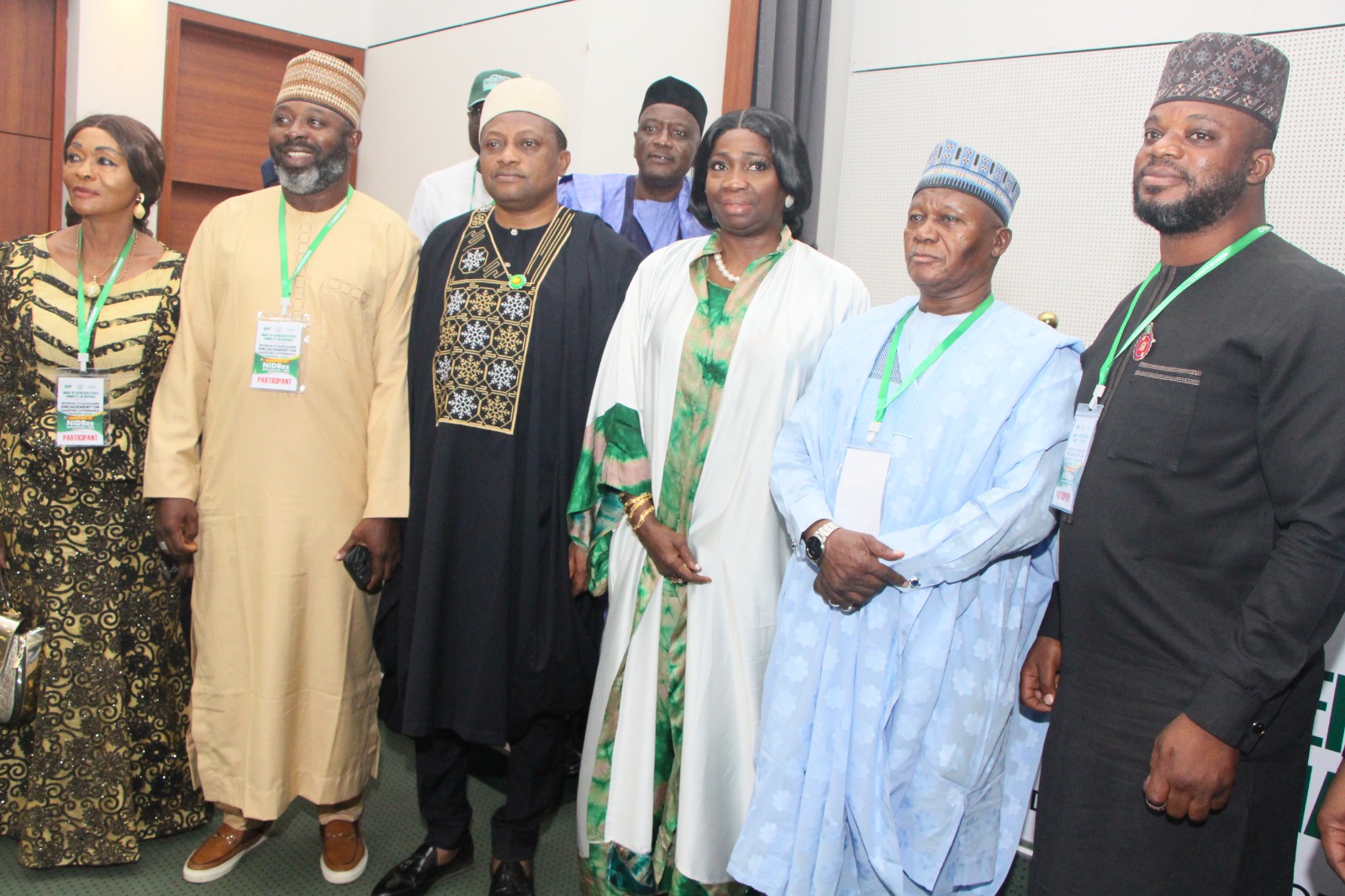Diaspora voting in sight as Nigerians in Diaspora Commission (NiDCOM) launches Nigerians in Diaspora Response (NiDRes) App

The Speaker of the House of Representatives, Rep. Tajudeen Abbas, has revealed that the parliament is making significant progress on the diaspora voting bill, which seeks to grant Nigerians living abroad the constitutional right to participate in national elections.
Abbas made this known on Monday while declaring open a one-day Nigerian Stakeholders Engagement on Diaspora Governance (NiSEDiG 2025) and the launch of the Nigerians in Diaspora Response (NiDRes) Application and Website, organised by the House Committee on Diaspora in collaboration with the Nigerians in Diaspora Commission (NiDCOM).
Represented by Rep. Patrick Umoh, (PDP Akwa Ibom) , the Speaker described the initiative as “a major step towards extending democratic participation to all citizens and ensuring that every Nigerian voice is heard in the process of nation-building.”
He reaffirmed that the 10th House of Representatives prioritises diaspora engagement in line with its legislative agenda of inclusion, accountability, and economic reforms.
Chairman of the House Committee on Diaspora, Rep. Tochukwu Chinedu Okere (LP Imo), said the NiSEDiG 2025 initiative aims to establish a unified policy framework that integrates institutions, legislation, and technology to strengthen diaspora governance.
He explained that the newly launched NiDRes App and Website would “simplify how Nigerians abroad access government services and communicate with missions globally.”
In her keynote address, Mrs. Abike Dabiri-Erewa, Chairman/CEO of NiDCOM, highlighted the Commission’s milestones since its establishment six years ago.
She said, “Over the past six years, the Nigeria–Diaspora relationship has made groundbreaking strides in health, education, agriculture, ICT, transportation, and volunteerism.”
“We have now entered a new phase of consolidating diaspora engagement to boost national development,” she added.
Dabiri-Erewa recalled that the National Diaspora Policy, approved by the Federal Executive Council (FEC) on April 28, 2021, provides the framework for facilitating diaspora participation in national development.
ALSO READ: The imperative of passing the early voting and diaspora voting bills
She also noted that the Diaspora Data Mapping Portal, launched in June 2021, continues to support data collection and informed decision-making.
According to her, diaspora remittances remain Nigeria’s highest source of foreign exchange, amounting to US$23.81 billion in 2019, approximately 6% of the nation’s GDP.
The NiDCOM boss further listed key initiatives championed by the Commission, including the National Diaspora Day (July 25) to celebrate contributions of Nigerians abroad; the Nigeria Diaspora Investment Summit (NDIS), which connects diaspora investors with local opportunities; and the National Town Hall Meeting, where the President meets Nigerians in the diaspora during official trips.
Others include the National Diaspora Merit Award for exceptional Nigerians abroad, the Diaspora Quarterly Lecture Series addressing issues affecting Nigerians overseas, and collaborative interventions with the Ministries of Foreign Affairs and Humanitarian Affairs in repatriating distressed citizens.
Dabiri-Erewa, however, identified persistent challenges facing NiDCOM, such as limited funding, inadequate office accommodation, and the urgent need to amend the NiDCOM Act to establish a sustainable funding mechanism through diaspora remittance charges.
The NiSEDiG 2025 engagement and NiDRes App launch, she said, represent Nigeria’s renewed commitment to building a stronger, structured, and inclusive diaspora engagement ecosystem.
The hybrid event brought together key stakeholders, including members of Nigerians in Diaspora Organisations (NIDO), the academia, students and youth groups, the Nigeria Immigration Service, various MDAs, and State Diaspora Focal Point Officers.

